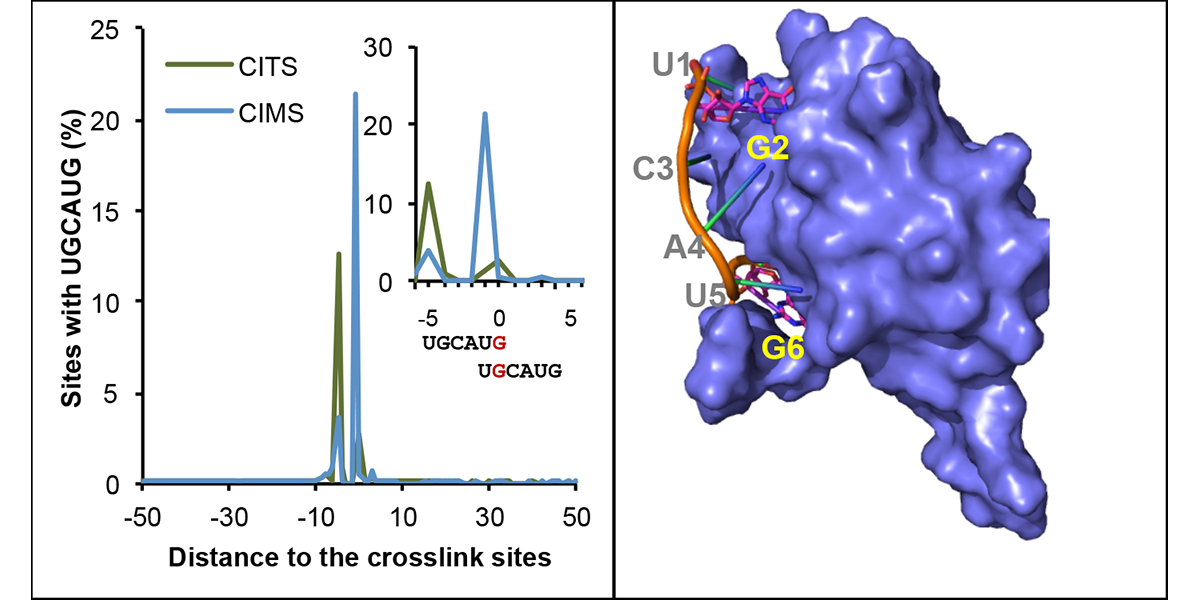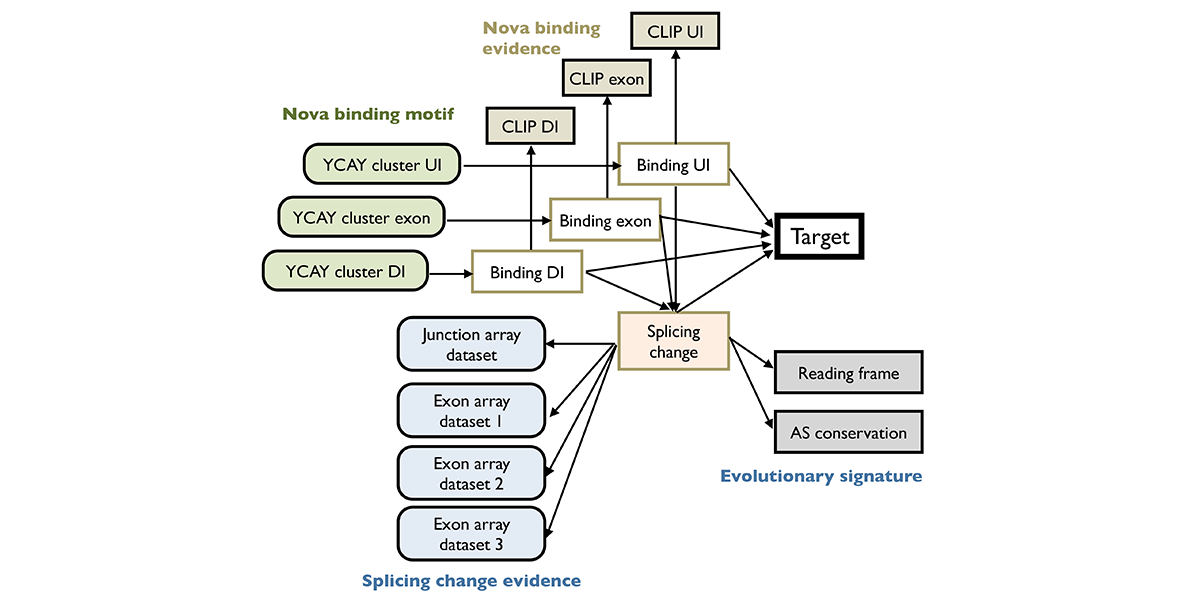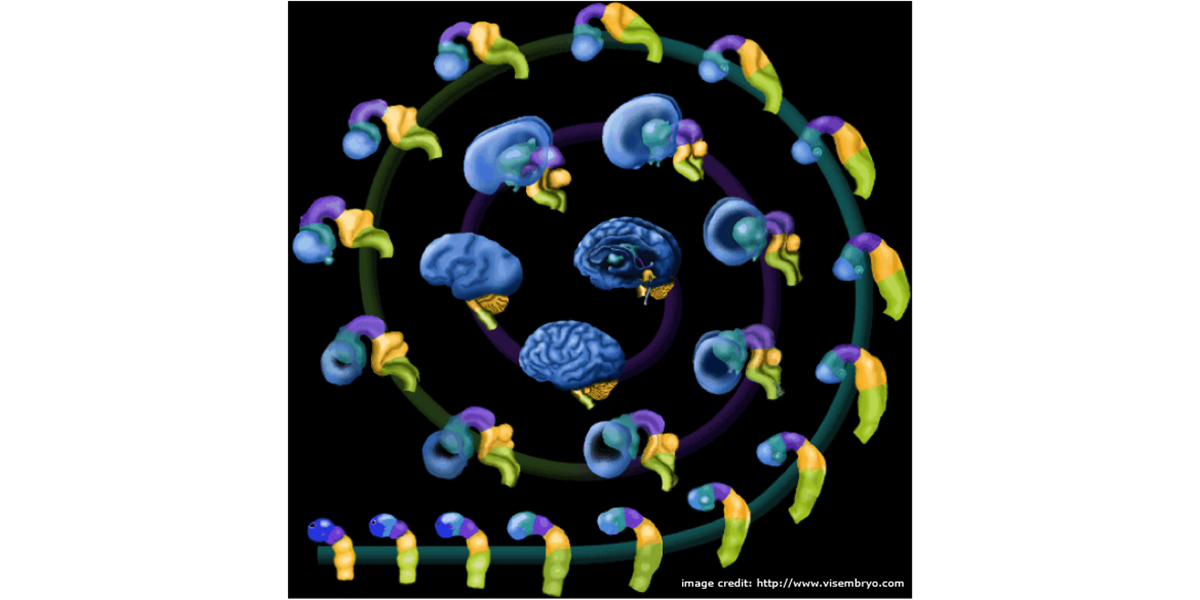Difference between revisions of "Main Page"
From Zhang Laboratory
| Line 34: | Line 34: | ||
$ShowLoading: true, //[Optional] Show loading screen or not default value is false | $ShowLoading: true, //[Optional] Show loading screen or not default value is false | ||
$AutoPlay: true, //[Optional] Whether to auto play, default value is false | $AutoPlay: true, //[Optional] Whether to auto play, default value is false | ||
| − | $PlayOrientation: | + | $PlayOrientation: 1, //[Optional] Orientation to play slide (for auto play, navigation), 1 horizental, 2 vertical, default value is 1 |
$DragOrientation: 3, //[Optional] Orientation to drag slide, 0 no drag, 1 horizental, 2 vertical, 3 either, default value is 1 (Note that the $DragOrientation should be the same as $PlayOrientation when $DisplayPieces is greater than 1, or parking position is not 0) | $DragOrientation: 3, //[Optional] Orientation to drag slide, 0 no drag, 1 horizental, 2 vertical, 3 either, default value is 1 (Note that the $DragOrientation should be the same as $PlayOrientation when $DisplayPieces is greater than 1, or parking position is not 0) | ||
Revision as of 15:41, 10 March 2016
Introduction of the Zhang Laboratory
We are part of the Department of Systems Biology, the Department of Biochemistry and Molecular Biophysics, and the Motor Neuron Center at Columbia University Medical Center.
We are fascinated by the complexity of the mammalian nervous system and its underlying molecular mechanisms. While mammals have a similar number of genes compared to phenotypically simpler organisms (such as worms), one apparent feature of mammalian genes is their more complicated gene structures, providing an opportunity for sophisticated regulation at the RNA level.
The focus of the Zhang lab is to dissect RNA regulatory networks in the nervous system as a way to understand the mammalian complexity manifested in evolutionary-developmental (evo-devo) processes and in several neuronal disorders. We work on a range of problems towards the goal, including mechanistic understanding of the specificity of protein-RNA interactions, organizational principles of RNA regulatory networks, and functional implication of RNA regulation in neural development and in certain pathologic contexts (such as autism and neurodegenerative disorders). The Zhang lab has a mixed dry and wet setup. We take advantage of different model systems, including mouse models and in vitro neural differentiation of embryonic stem cells, and a combination of high-throughput data-driven and hypothesis-driven approaches.
Lab News
- 03/01/2016. Congratulate Ankeeta Shah on winning the 2016 SURF/Amgen fellowship!
- 06/19/2105. Chaolin Zhang received an R01 award from NIH/NINDS
- 03/06/2015. Discovery of new AS exons in the brain published on PNAS
- 07/29/2014. Chaolin Zhang received a 3 year Research Award from Simons Foundation
- 03/06/2014. Rbfox CLIP and integrative modeling paper published on Cell Reports
- 01/10/2014. Step by step guide of CIMS analysis published on Nature Protocols
- 09/24/2013. Chaolin Zhang received an Explorer Award from Simons Foundation
- 04/26/2013. mCarts paper published on NAR
- 04/26/2013. OLego paper published on NAR






